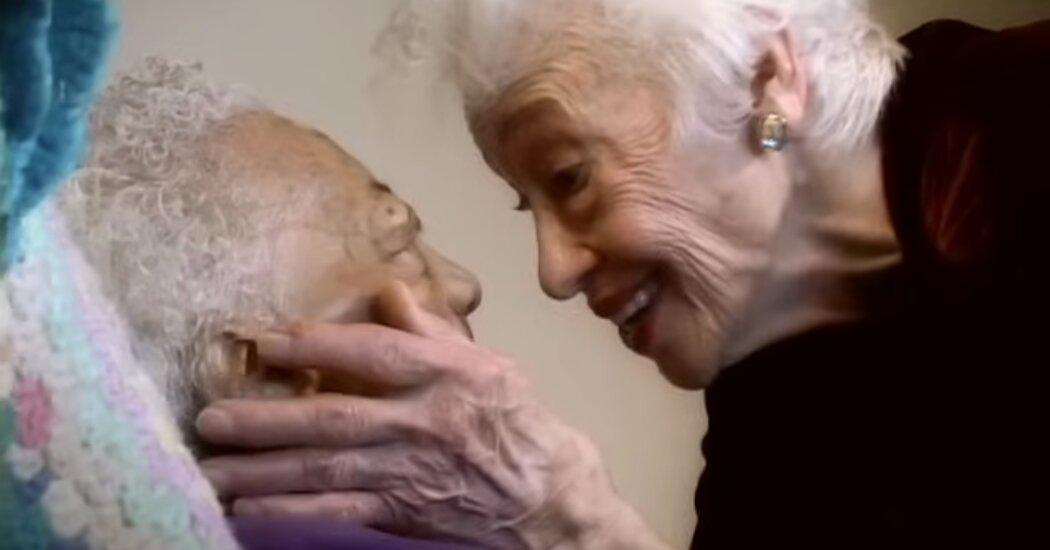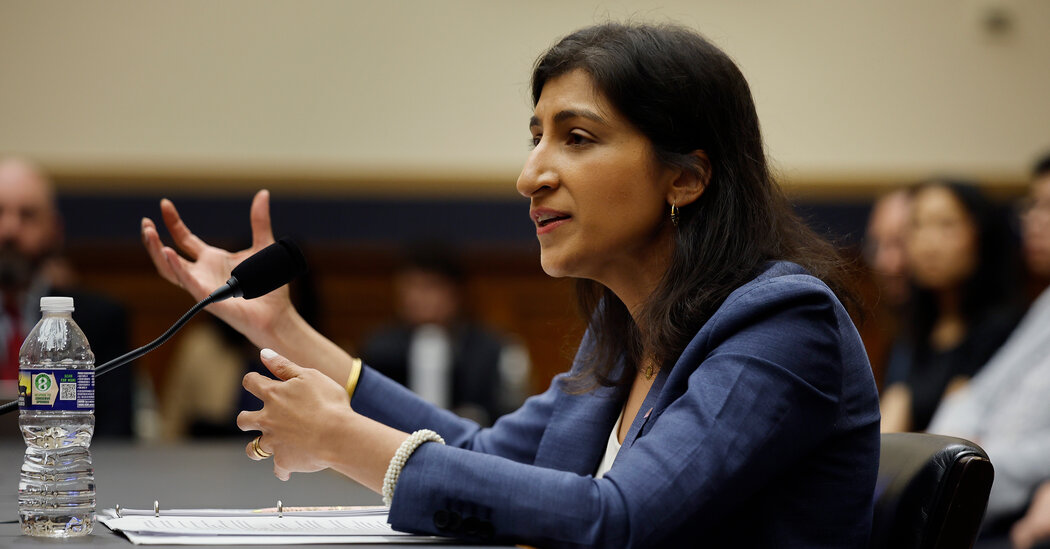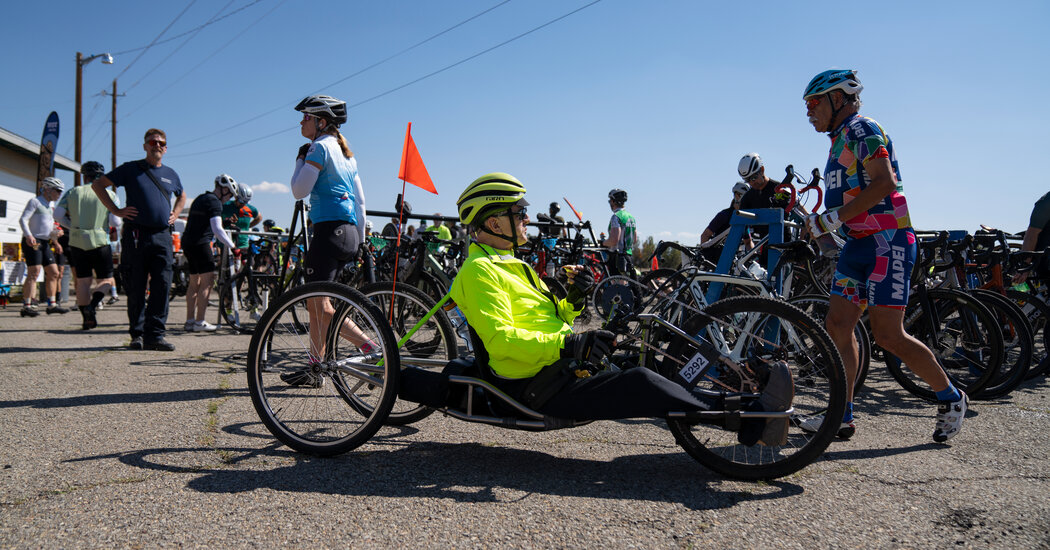Nearly 1.5 million teenage girls in some of the world’s poorest countries will miss the chance to be protected from cervical cancer because the drugmaker Merck has said it will not be able to deliver millions of promised doses of the HPV vaccine this year.
Merck has notified Gavi, the international organization that helps low- and middle-income countries deliver lifesaving immunizations, and UNICEF, which procures the vaccines, that it will deliver only 18.8 million of the 29.6 million doses it was contracted to deliver in 2024, Gavi said.
That means that more than 10 million girls will not receive their expected HPV shots this year — and 1.5 million of them most likely will never get them because they will be too old to qualify for the vaccine in subsequent years.
Patrick Ryan, a spokesman for Merck, said the company “experienced a manufacturing disruption” that required it to hold and reinspect many doses by hand. He declined to give further details about the cause of the delay.
“We are acting with urgency and rigor to deploy additional personnel and resources to resolve this matter as soon as possible,” he said.
Mr. Ryan said that Merck would deliver the delayed doses in 2025.
He also said the company would ship 30 million doses of the vaccine to Gavi-supported countries this year. However about a third of these are doses that were supposed to have been sent in 2023, leaving Gavi with the 10.7 million dose shortfall.
The delay is a big setback for countries that had already waited years to begin vaccinating girls against HPV, the human papillomavirus, which causes an estimated 90 percent of cervical cancers.
About 350,000 women die from cervical cancer, according the World Health Organization. Ninety percent of them are in low-income countries, where routine screening for the disease is rare. The vaccine offers near-total protection against HPV infection, making it the lone vaccine against cancer.
“HPV is the highest impact vaccine Gavi has: If you vaccinate 1,000 girls, you prevent 17.4 future deaths,” said Dr. Aurélia Nguyen, Gavi’s chief program officer. “If there is one vaccine that you want to get out and do well on, this is it.”
The W.H.O. recommends the vaccine for girls up to age 14. The delay means that girls in countries including Sierra Leone, Burkina Faso and Mozambique who are now 14 will no longer be eligible for vaccination when these campaigns finally start.
The HPV vaccine is a complex one to deliver, since it is associated with sexual activity, a taboo topic for teenagers in many of the cultures affected by the delay, and because it is given to children who are outside the usual age for routine immunization. Both girls and their parents must be amenable to vaccination, and that requires crafting distinct messages, delivered on different media, to drum up demand. The vaccine has to be given before girls are sexually active to be effective.
The countries affected have some of the lowest-resource health systems in the world, Dr. Nguyen said. They have invested in planning for the scrapped HPV campaign, while juggling other urgent vaccination needs such as measles or cholera, and can ill-afford the disruption, she said.
The delay will disrupt carefully laid plans to catch up on vaccinations — most of the delayed doses were bound for what’s called “multi-age cohorts,” when countries try to reach all unvaccinated girls between 9 and 14, alongside a standard immunization program for 9-year-olds, usually run in schools.
Most high-income countries routinely vaccinate both girls and boys against HPV, but the global coverage rate for the vaccine is only 20 percent.
Gavi has been trying to expand HPV vaccination for more than a decade. Many low-income countries had designed programs to begin in 2018, but Gavi could not get shots then either because it and UNICEF were competing with a global market and suppliers did not increase production to meet Gavi’s predicted demand.
The version of the Merck HPV vaccine used in the United States costs about $285. UNICEF, which typically negotiates big discounts from pharmaceutical companies, pays $3 to $5 per shot for the large volumes of vaccine it sought to procure.
“UNICEF and Gavi have struggled for years to get sufficient supply, and that was finally starting to change,” said Andrew Jones, UNICEF’s deputy director, immunization supplies.
UNICEF has contracts with other suppliers, but because the Merck product is in high demand from countries, the Gavi program is dependent on the company’s supply. That means this delay disrupts vaccination campaigns in a half-dozen countries, many of which have already had to postpone repeatedly.
“It affects countries’ confidence because for years they were told there wasn’t sufficient supply, but when finally supply opened up, they campaigned, got political buy-in, and now delivery is delayed by six or eight months,” Mr. Jones said.
Mr. Ryan of Merck said the company was committed to supporting the drive to vaccinate millions of girls in developing countries against HPV and had invested more than $2 billion in that effort.
Though Mr. Ryan said the company will deliver the delayed doses next year, Merck has yet to notify Gavi when countries can expect those deliveries, which means they cannot yet begin to plan new campaigns.
The countries that won’t get doses this year include Mozambique, Sierra Leone, Ivory Coast and Burkina Faso . They were going to do the multi-age blitz campaigns aimed at catching as many girls as possible, in addition to the routine vaccination of 9-year-olds. The routine program will continue using doses Merck has delivered.
In addition, Burundi, and, in Asia, Tajikistan, were supposed to get supplies at the end of this year to start doing both multi-age and routine vaccinations, while Cameroon and Liberia were to take delivery of shots so they could start doing multi-age vaccination early in the new year. All of those campaigns will be postponed.
The girls who won’t get vaccinated this year are some of the least likely in the world to be screened or treated for cervical cancer, said Dr. Cathy Ndiaye, the Dakar-based director of the HPV vaccine program for the health-focused nonprofit organization PATH.
“In some countries you can say, ‘OK, you weren’t vaccinated but if you have anything later on in life you can go and get treated’, but not for these girls,” Dr. Ndiaye said.
The delay also complicates the challenge of maintaining political and community support for the HPV shot, she said.
“When you have momentum you want to take advantage of that: When you manage to create demand from the community, you want to deliver, to give them what they need,” she said. “Even at the national level you have to convince them this is important, that it should be a priority because they don’t see cervical cancer, they don’t see the disease now, they say, ‘No let’s deal with polio, let’s deal with measles, that is urgent now.’”
In Mozambique, the plan was to begin the multi-age campaign in June. “There is huge demand, people are asking for it,,” said Dr. Betuel Sigaúque, who works to support routine immunization in Mozambique through JSI, a global nonprofit focused on health and education.
Merck also failed to deliver 7.7 million doses of vaccine to Ethiopia that were scheduled to arrive late last year, and now says they will arrive in June. The country had to scrap a planned school campaign set for spring. Instead, that campaign will take place later this year and will miss girls who have aged out.







